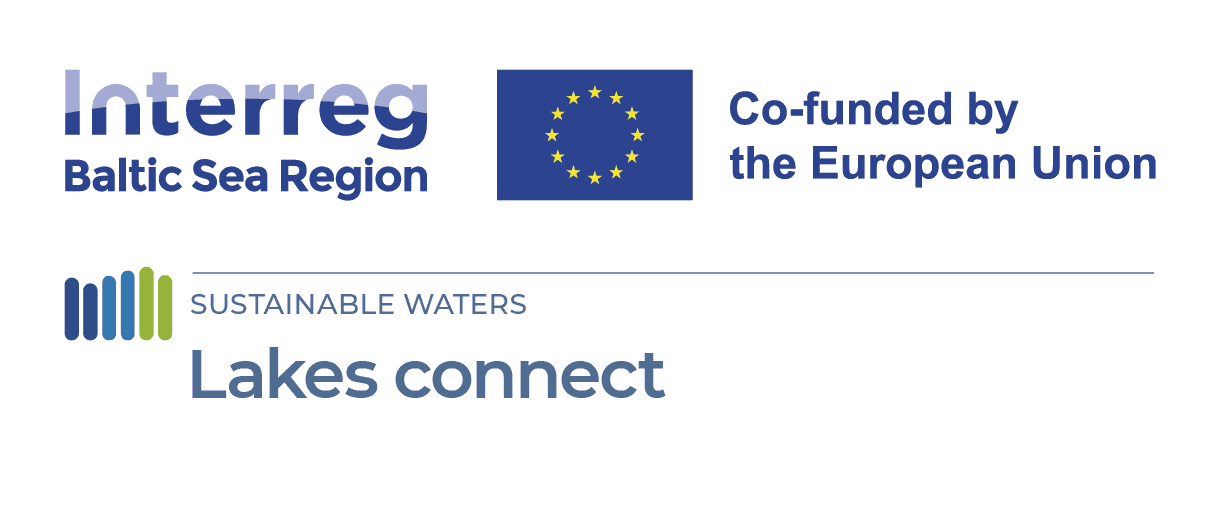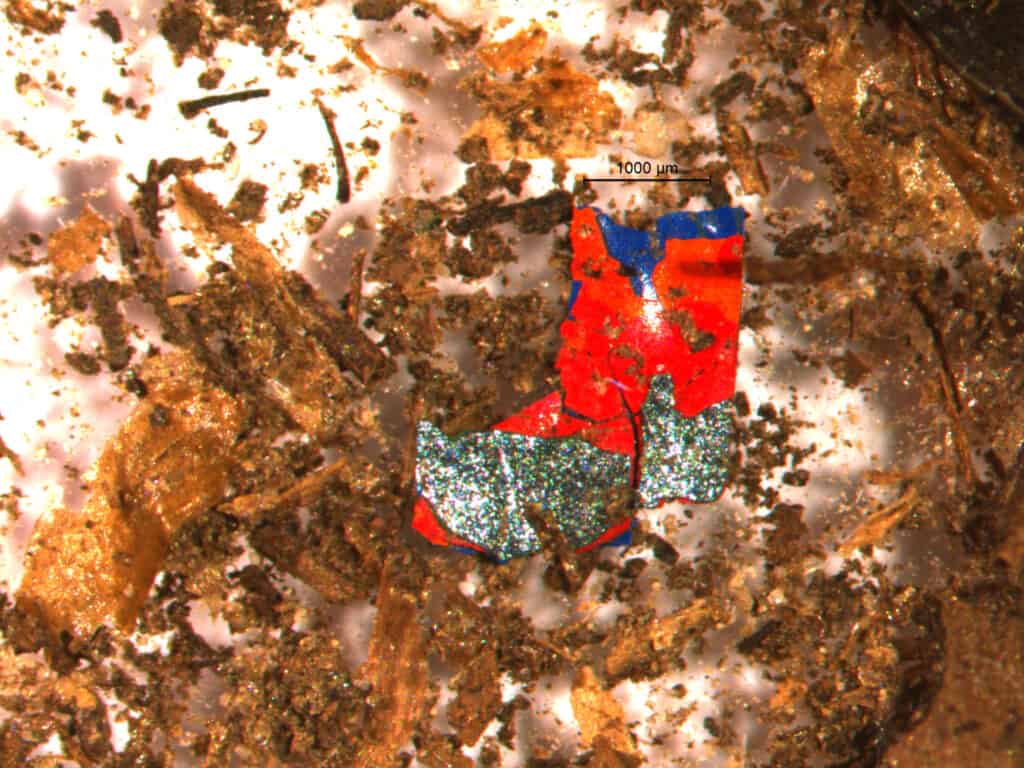
A legacy of plastic: Environmental responsibility for future generations
27 March 2024
The invention and evolution of plastic
Plastic as a material was invented in the 19th century as a revolutionary solution to revolutionise production and consumption. The first synthetic polymer that could be called plastic was created by Alexander Parkes in 1856. However, mass production of plastics began in the 1940s and 1950s, ushering in the era of the plastic boom.
Plastic’s changing perception and symbolism
Once seen as a revolutionary material, plastic has also become a symbol of our abusive relationship with the planet. Today, as we combat its negative effects, we wonder what legacy we want to leave for future generations.
Historical misunderstandings and environmental impact
Previous generations, in ignorance or unreflectively, created and consumed plastic without anticipating the full extent of its environmental impact. Today we are aware of the scale of the problem: microplastics – particles of plastic smaller than 5 mm, in our oceans, soil, food and even ourselves. This is an inherent consequence of the overuse and improper handling of this material.
Projected consequences and urgency for change
Unless changes are made, plastic production could double by 2050. This means that the plastic problem will get worse and the amount of plastic in the environment will also increase. It is estimated that by 2050, the amount of plastic in the oceans could outweigh the amount of fish. The degradation of ecosystems, threats to public health and destruction of wildlife may become more apparent.
The current generation’s responsibility and influence
However, it is now our responsibility to change this course. We need to be aware of what we are leaving for future generations. Just as previous generations left us a legacy of plastic waste, we too have a say in what happens to our environment. Our attitude towards plastic and other pollutants has a direct impact on the quality of life of future generations. By making changes in our daily lives, such as reducing single-use plastics, recycling, supporting technological innovation, we can reduce the negative effects that the plastic legacy has left on us and future generations.
Viewing plastic legacy as a motivation for positive change
Let’s look at our plastic legacy as a warning and motivation for action. Let it be a reminder that our everyday choices have consequences, both now and for future generations. Every reusable bag, every bottle of recycled plastic, every decision to avoid plastic packaging is a step towards a better future for our children and grandchildren.
Taking responsibility for a sustainable future
This is the time for us to take responsibility for what we leave behind. Our actions now shape the legacy we will leave to future generations. Do we want this to be a legacy of pollution and degradation or a legacy of a clean, sustainable environment? That depends on our actions today.









